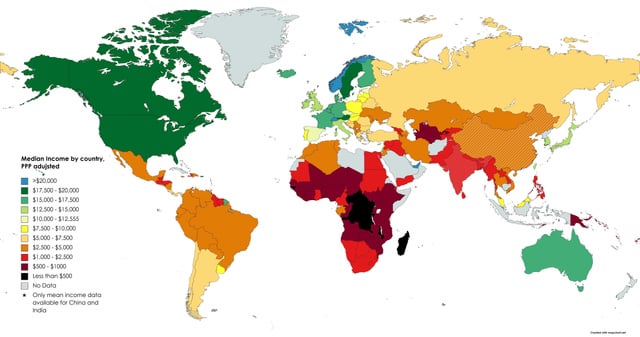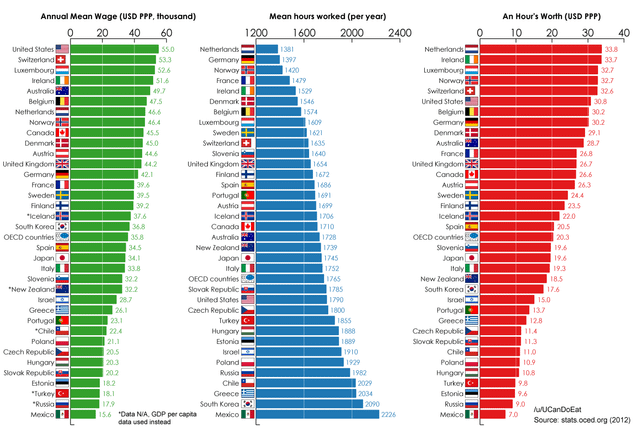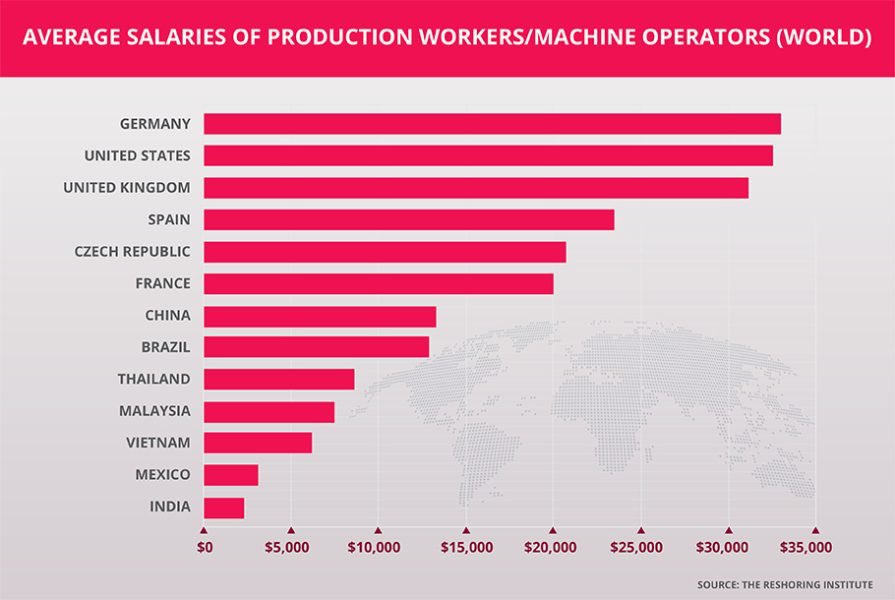Didn’t adjust for ppp. But even adjusted, rip Mexico.
Informed Tankie
#Communists and MLs Welcome!
#WE SUPPORT AES!
We support all Actually Existing Socialism countries (AESs) and those supporting socialistic movements including (but not limited to):
-
The People’s Republic of China (PRC; including the Communist Party of China (CPC or CCP) and Socialism with Chinese Characteristics (SwCC))
-
Democratic People’s Republic of Korea (DPRK; including Juche philosophy)
-
Cuba
-
Vietnam
-
Laos
-
The Former Soviet Union (USSR)
-
Former Soviet Countries
-
Nicaragua
-
Venezuela
-
Evo Morales’ Bolivia
-
Santos’ Angola
-
Sankara’s Burkina Faso
#No:
- Racism
- Sexism
- Ableism
- Homophobia
- Transphobia
- Bigotry
- Fascists
- Rape Apology
- Reactionaries
- CIA propraganda
- Trump Supporters
- Lesser Evilism (Clinton, Macron, etc.)
- Supporting Neoliberalism (NATO, EU, etc.)
- Anti-Working Class Rhetoric
- Anti-Immigrant Rhetoric
- Imperialism
- Brigades to other subs
- Doxxing
##Shout out to Red Menace and Rev left Radio:
-
RED MENACE - Socialism: Utopian and Scientific by Friedrich Engels
-
RED MENACE - Left Wing Communism: An Infantile Disorder - V.I. Lenin
-
RED MENACE - Imperialism: The Highest Stage of Capitalism - V.I. Lenin
-
State and Revolution: Marx, Lenin, & the Dictatorship of the Proletariat
-
Bonus Women Behind the Iron Curtain: Socialism, Feminism, & Soviet Power
Didn’t adjust for ppp.
Good point, and possibly not taxes as well. Here's what i found for the median salary adjusted for p.p.p. :

Since the estimation of the purchasing power takes into account the cost of living, i don't think that i've truly realized until now how much it's beneficial to work in the west, everyone know that western salaries are higher, but we somehow assume that it's compensated by the price of living, unseeing the obvious injustice here(, the kind of inequality we wouldn't understand/tolerate for two workers living in the same street). That's neo-colonialism(, if it was the success of capitalism, as we often hear, and we're just jealous of the west, then it's manifestedly not enough for countries from the global South to have been capitalist for many decades).
And it's amplified by the fact that the gap, being even higher not adjusted by p.p.p., enables our capitalists to pay less for their (non-)human ressources.
Africa is a whole continent, yet don't have a single successful multinational like Samsung, or Huawei, or Nintendo, same for South America, the Middle-East, India, etc., the common thought is that it's only a matter of a few decades before their apparition, but i wonder if they didn't already thought that in the 60s with Japan's arrival, yet only South Korea appeared on our markets since, so i.d.k. if optimism is realistic, but i sure hope so.
rip Mexico
Indeed.

Re Mexico, It wasn’t always like this, but that’s what exploitation will do to a country.
https://data.oecd.org/earnwage/average-wages.htm
Real wages in Mexico has not increased. And has actually decreased a bit since 2008.
Edit: you can also find ppp adjustment values on the OCAD website to adjust these wages yourself.
China still has the competitive production costs because its labor productivity grew in lockstep with wage growth. So one operator making 10x as much product can be paid 5x as much wage and be cheaper per unit than an operator in a country where they make 1x product and are paid 1x wage.
Minimum salary in France is 20,814.73 €, or $22,271.76
Production workers/Machine operators are considered skilled workers. They earn 27,567 € on average. $29,496.69.
